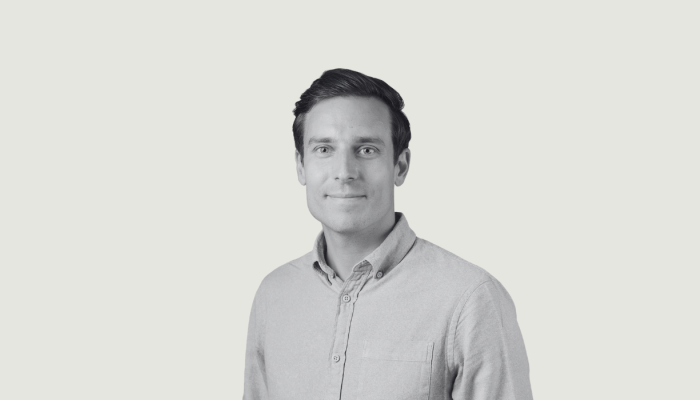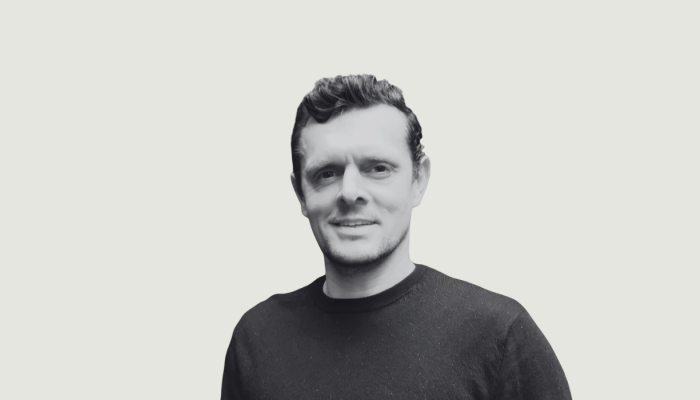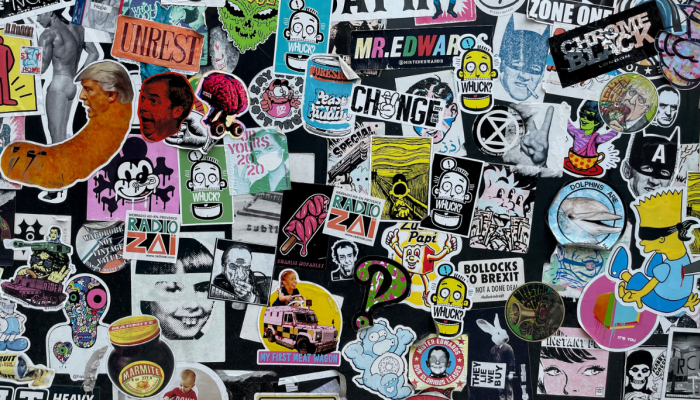Dear marketers and advertisers,
In the wake of George Floyd’s death we’ve seen some of you provide messages of support and solidarity, either as individuals or from the agencies and brands you work for. This is not enough. It is time for the industry to admit it is racist.
So much of the news has focused on racism in the US, but what about in Britain? What about the British marketing and advertising industry? The industry prides itself on playing a massive role in shaping pop culture, pushing the boundaries of what we see on our screens, and influencing perceptions. As a result, it can be a powerful agent of change.
Sometimes, that power has been used to force progress. The industry guards the door to visual diversity, for example, widening access in recent years to who gets to be represented in adverts or on panel discussions at industry events. However, such optical allyship is not only no longer enough, it’s insulting if not supported by action behind closed doors.
Our industry was built in a colonial world, in which the racism of Empire was a hugely successful marketing tool. Some of our most recognisable brands, still on shelves today, commodified deep-rooted assumptions about the value of black bodies to grow market share. Even if we have moved on (mostly) from such overt statements of racism, the structures that facilitated them still exist. The system still accommodates and serves white people. It still overwhelmingly serves the privileged white men who own or lead most big creative businesses.
This is true despite the industry’s talk of diversity and inclusion. A lack of black people in positions of power, absent at levels of middle management, let alone the leadership team, reveals this talk of diversity is merely a performance. And no, a black person occupying a seat in your C-suite does not let you off the hook – where are your black camera people, your black strategists, your black producers? What is your agency like behind the image you project?
When in April the IPA announced that BAME representation had dropped in UK agencies, did you wonder why? Your black colleagues didn’t. When an industry is run by people with similar (white) backgrounds, it has a group bias and hires for talent that looks like them. This bias begins its influence even before the interview has taken place. Once, when interviewing for an Account Director role, I was kept waiting because the CEO could not see me in the reception. This was not because it was busy - I was the only person there. He admitted as we started the interview this was because he had assumed from my name, Rani Patel, that I would look Indian and to him I looked Afro-Caribbean. This racial stereotyping had literally rendered me temporarily invisible. I accepted the role and went on to experience more racism. This was not a surprise, nor was it unique to this agency.
Even when we are recruited, black people are given unsafe environments to express ourselves in. Expression in this industry is key, but when we are put into strictly policed boxes we can’t (metaphorically) breathe, speak up, dress how we want, wear our hair how we feel and just be black. Instead we are repeatedly othered – our skin referred to as chocolate, our hair touched as though we were animals in a zoo.
If you’re thinking that this isn’t you – it doesn’t mean you aren’t part of the problem. There are many ways black people are told we are valued less than our white colleagues.
As an interviewer, I was presented with two candidates: they had held the same role at the same organisation, but one had been promoted more recently than the other. After conducting the interview, I felt the first candidate was more qualified. I had been impressed by their articulate responses in the interview and felt the outwardly more senior candidate had seemed passive and disengaged. Despite my suggestions to the MD of the agency, the second was hired on the basis of “quiet confidence”. He was a white man. In the end, he resigned after a few months. The MD was disappointed because in her words she expected him to be the “(white) knight in shining armour to fix everything”.The black woman who had been his closest competitor was hired to replace him.
Often, we are used as tokens of diversity, encouraged to be seen but not heard. For example, a Muslim colleague of mine was invited to an internal creative meeting where they would endure Islamophobic comments. When they raised the issue, the leader at the meeting simply pretended it hadn’t happened.
This oppression is a white problem, even if it is black and brown people who experience it. And it will continue to be a problem which white people must take responsibility for solving until black people are given equal space, voice and visibility in the media. The solution starts with white people actively working to change their mindset – both within the industry and outside it.
GET UNCOMFORTABLE
Acknowledging racism within yourself is unpleasant but necessary. Be brutally honest with yourself if you truly want to make a change.
CHECK YOURSELF AND OTHERS
Casual racism is embedded deep within our subconscious so take time to reflect before you speak, and don’t be afraid to call out your colleagues.
ADOPT A ZERO TOLERANCE MINDSET
Did you think it might be racist? It probably was – don’t extend the benefit of the doubt, you’re only failing yourself and those around you.
I write this as a woman of colour, after 12 years of contributing to the industry which has inflicted racism on me and others like me. The only way we can create a better world is through mindset change then action. We can’t do that until the industry admits it’s racist.



